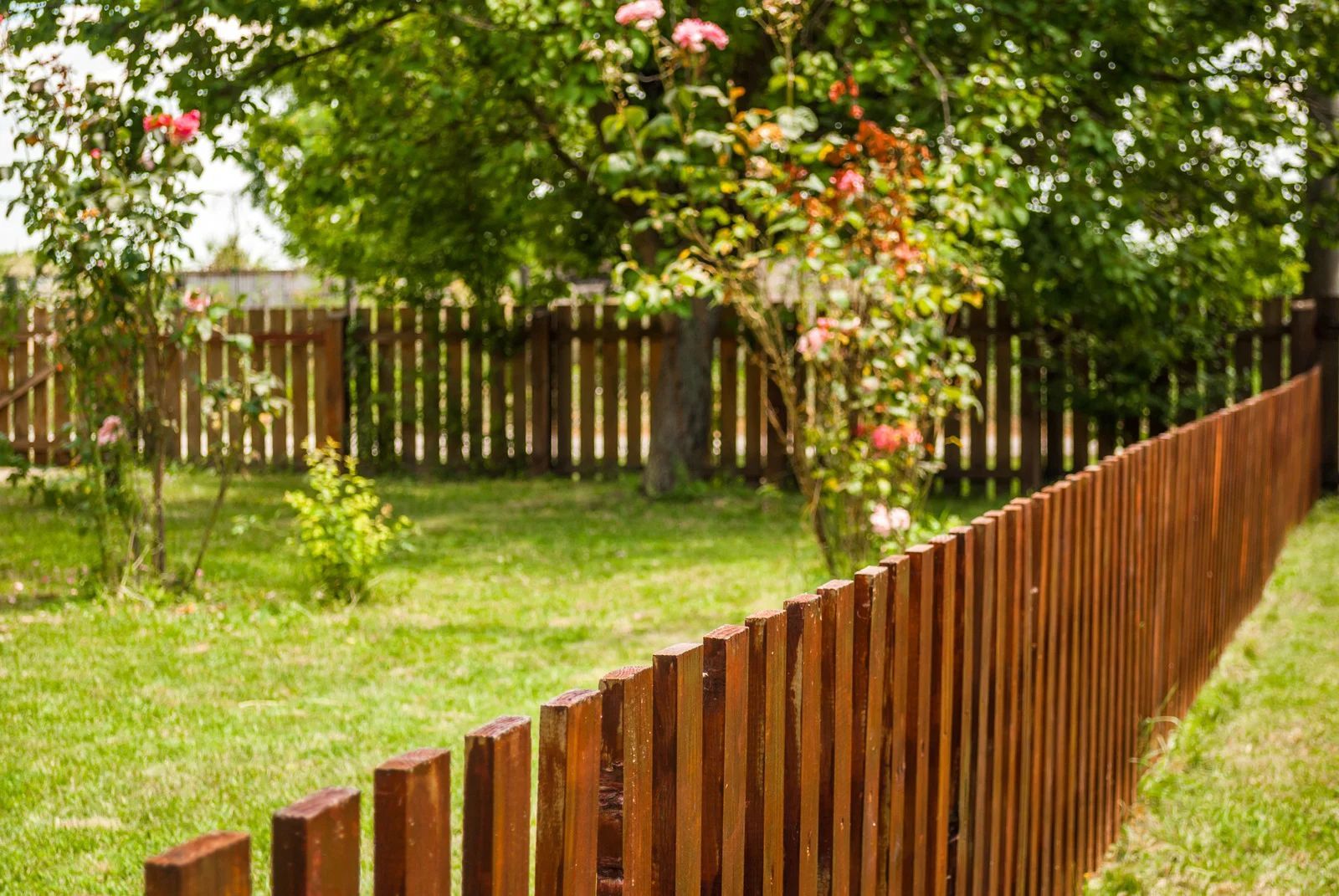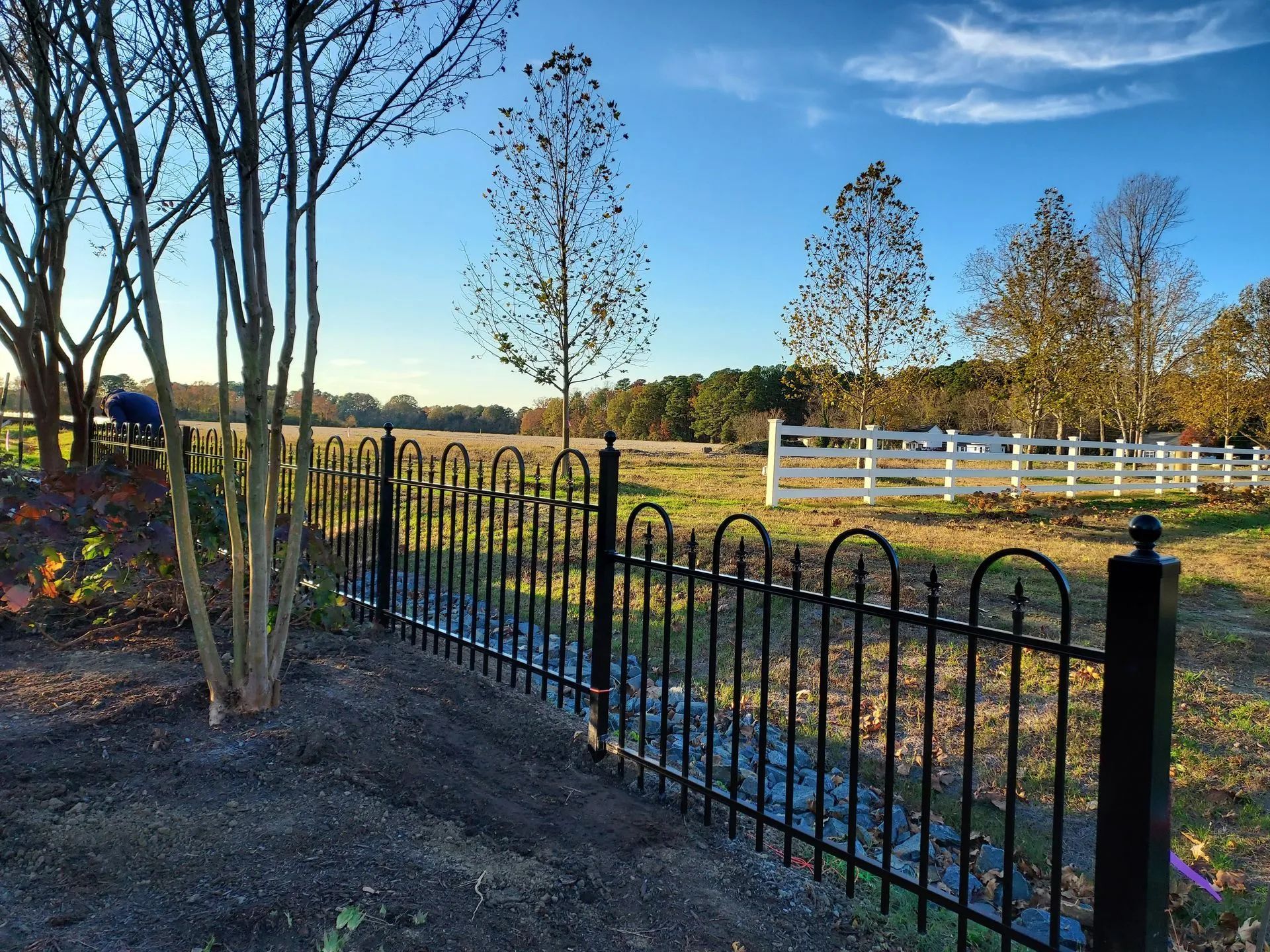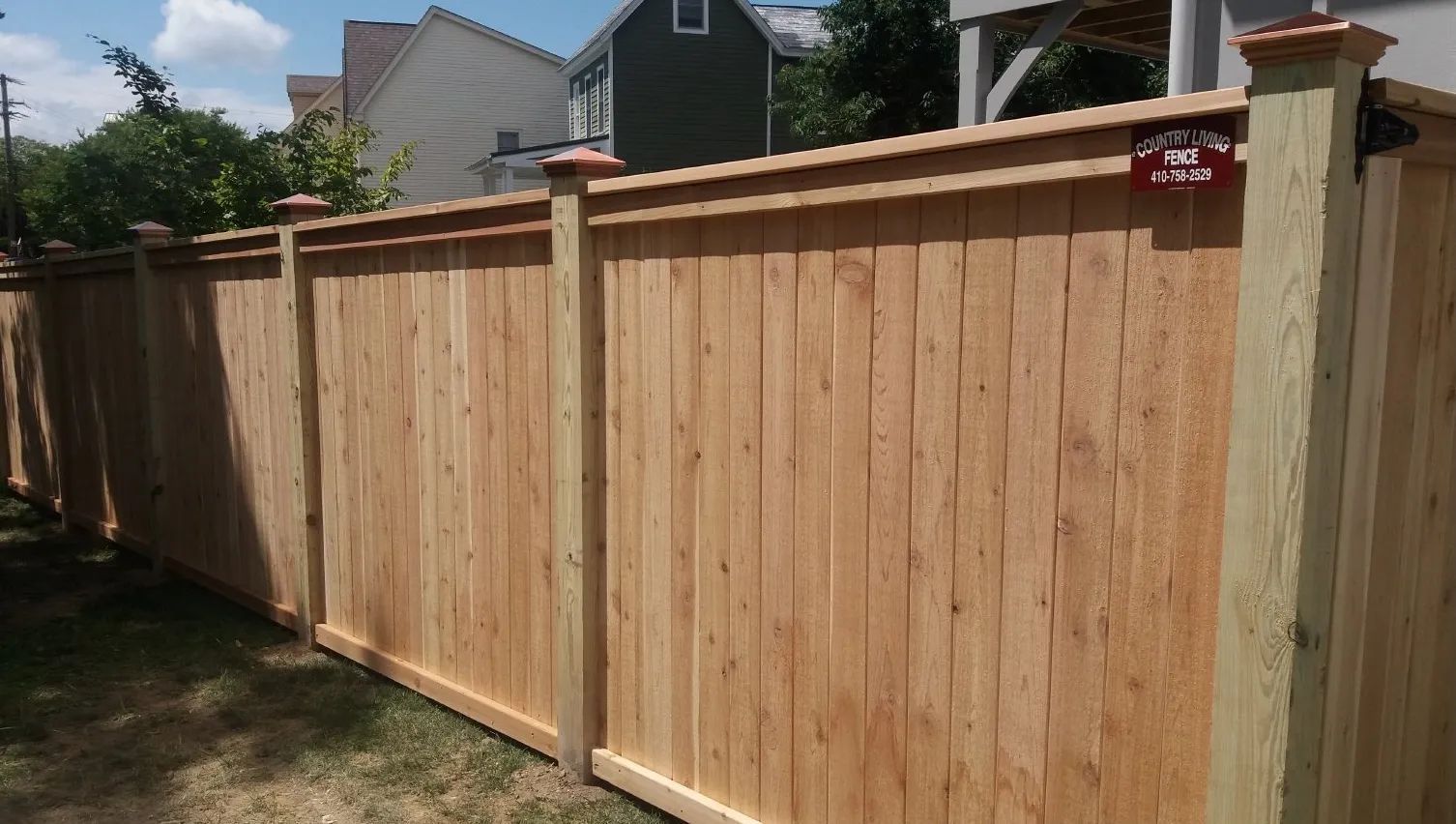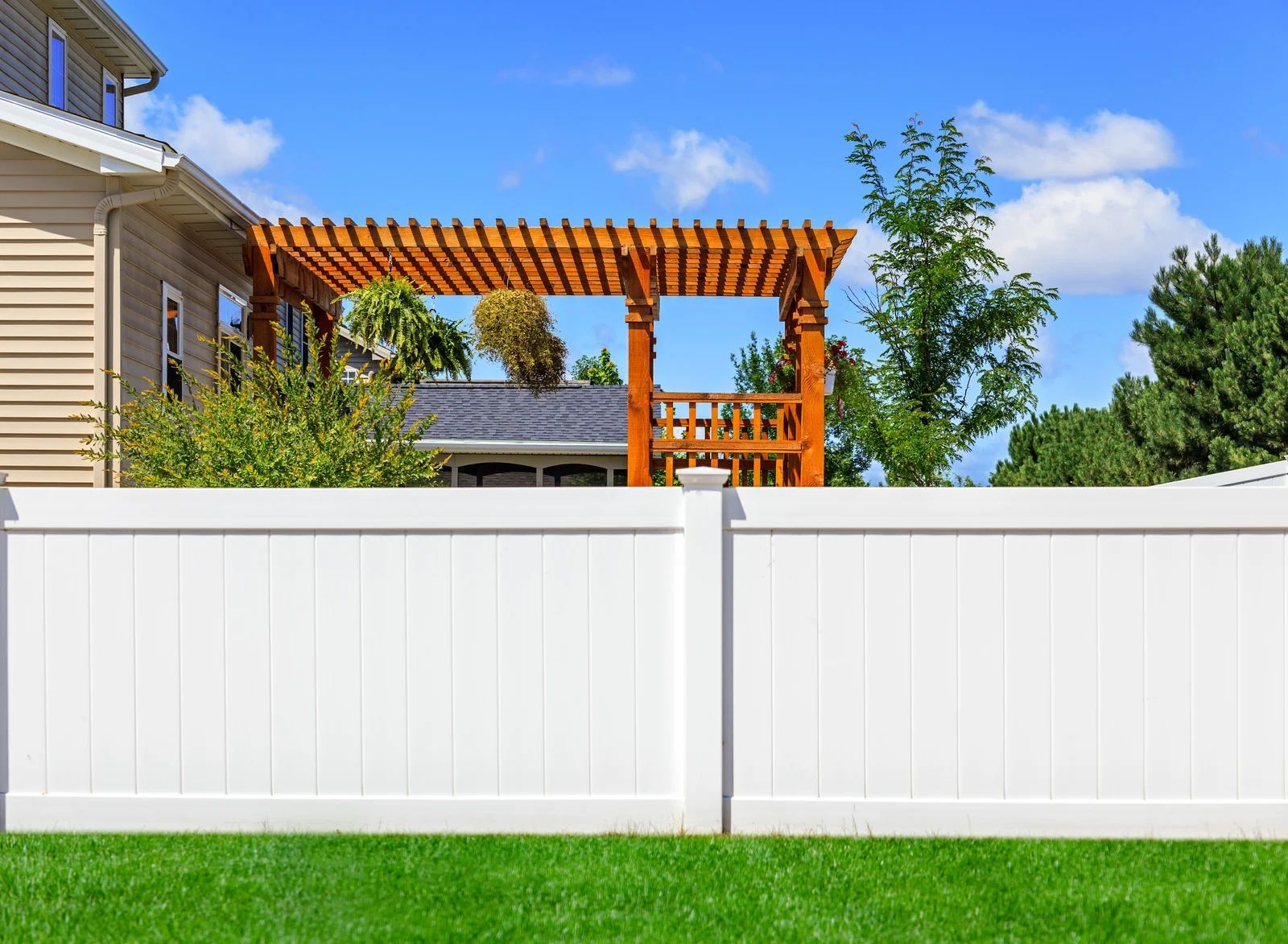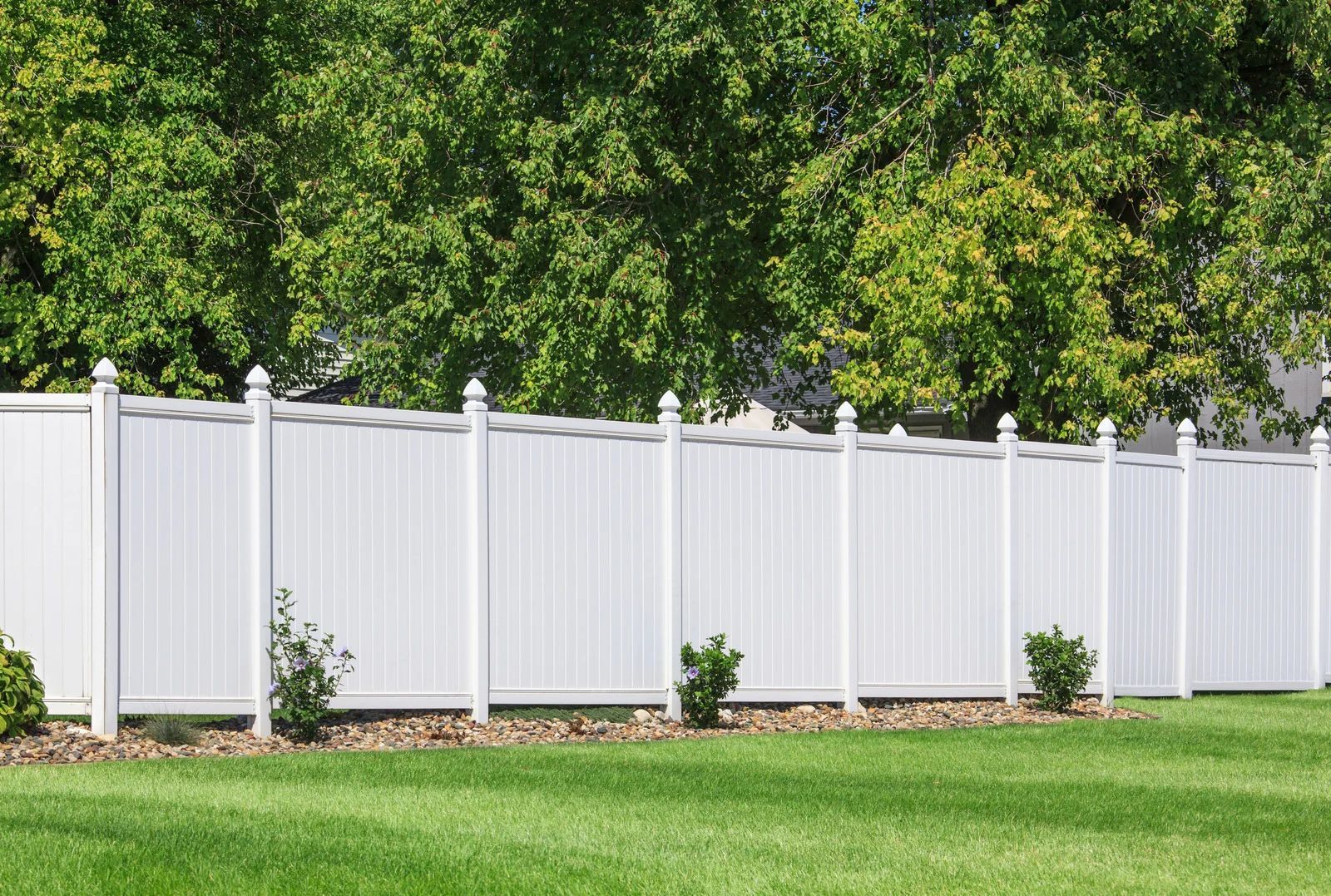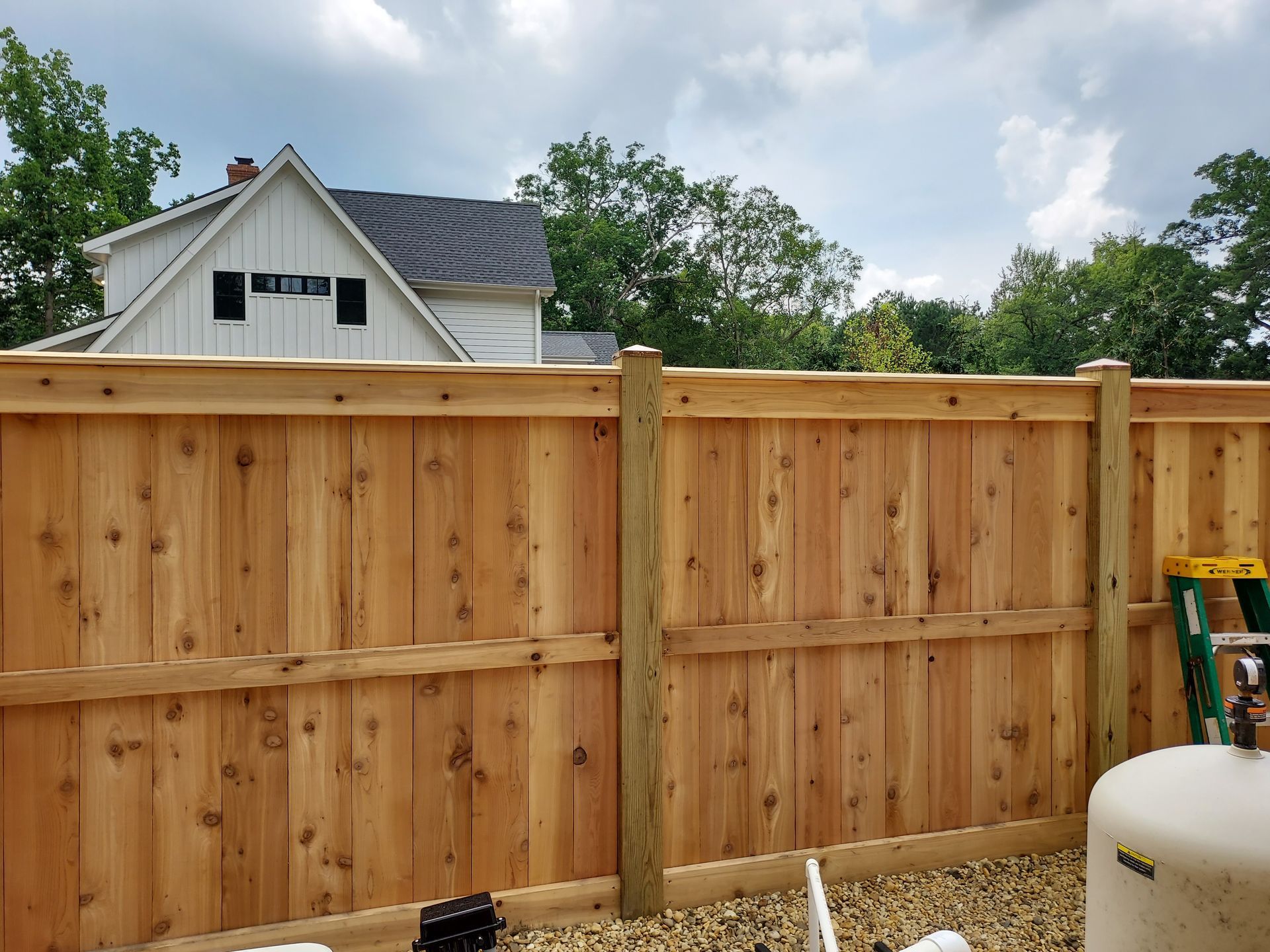How to Choose the Right Fence for Maryland Weather
Choosing the right fence for your property involves more than just aesthetics and privacy—it also requires careful consideration of local climate conditions. In Maryland, where weather patterns can range from humid summers to freezing, snow-covered winters, your fence must withstand temperature shifts, moisture, and seasonal wear. Selecting a fence material and design that can handle these environmental challenges is crucial to protecting your investment and ensuring long-term performance. Homeowners in Centreville and throughout Maryland should look for fencing options that are both durable and low maintenance, while also aligning with local regulations and neighborhood aesthetics. Here are key factors to consider when selecting a fence for Maryland weather.
1. Moisture Resistance
Maryland’s climate often includes high humidity, rain, and snow, all of which can damage certain fencing materials over time. Wood fences, though attractive, are prone to rot and warping if not properly sealed and maintained. Vinyl and aluminum fences offer superior moisture resistance, making them better suited for long-term durability in wet or damp conditions. Choosing water-resistant materials can help reduce repair and replacement costs.
2. Temperature Tolerance
Maryland experiences wide temperature fluctuations, with cold winters and hot, sunny summers. These extremes can cause some fencing materials to expand and contract, leading to cracks or structural weakening. Composite and vinyl fences are designed to resist thermal expansion and remain stable year-round. If you prefer wood, opt for treated lumber that has been kiln-dried to minimize movement due to temperature changes.
3. Wind and Storm Resilience
Frequent storms and high winds are not uncommon in the Mid-Atlantic region. Therefore, your fence should be designed to withstand gusty conditions. Solid panel fences, if not properly installed with reinforced posts, can act like sails and be prone to damage. Picket-style or spaced slat designs allow wind to pass through more easily, reducing stress on the structure. Reinforced posts and deep footings are also essential for storm resistance.
4. Maintenance and Longevity
Given Maryland’s seasonal diversity, homeowners benefit from choosing fencing materials that require minimal upkeep. Vinyl and aluminum fencing are virtually maintenance-free and resist common weather-related issues such as rust, mold, and insect damage. Wooden fences, while beautiful, will need routine staining, sealing, or painting to protect them from weather exposure. Evaluating your willingness to maintain the fence can help determine the best material for your property.
Selecting the right fence for Maryland’s variable climate ensures a longer lifespan, better structural integrity, and improved property value. Whether you're prioritizing weather resistance, ease of maintenance, or curb appeal, working with a professional fencing contractor helps you make the best choice for your home and environment.
Country Living Fence LLC, based in Centreville, MD, is a
trusted fence contractor with several
years of experience helping homeowners choose and install the right fencing solutions. We specialize in weather-resistant wood, vinyl, and aluminum fences that are built to endure Maryland’s seasonal challenges while enhancing your property’s security and style.


